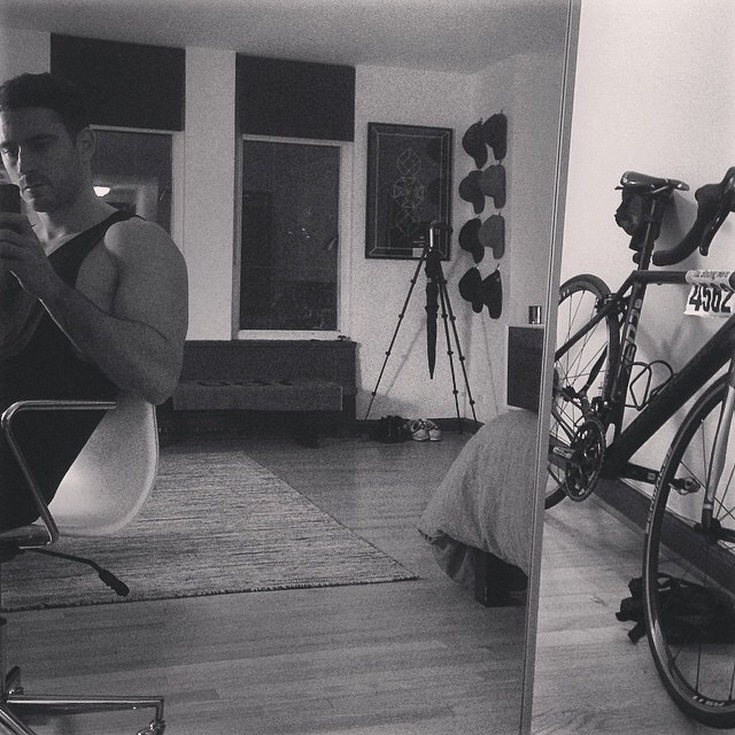|
Do you like ice cream? Then don’t eat it — at least not every day. At least, that’s what Wendy Wood’s research suggests. In an interview with Gretchen Rubin of The Happiness Project, the psychology professor discusses how people form habits, and how they can change them — but Mihir Patkar at Lifehacker zeros in on her advice for what shouldn’t be habitual. Ms. Wood says, “the more often you eat ice cream, the less pleasure you get from eating it.” She explains: “With repetition, our action tendencies get stronger but our feelings habituate and weaken. “The bottom line is that, if you really enjoy something, you don’t want to repeat it in a routine way so that it becomes a habit. You lose the pleasure in the experience. Instead, you want to make habitual the necessities in life … that is, regular exercise, a healthy diet, saving money and paying the bills, and working. The pleasures in life should be savored and not performed in a habitual way … including time with family, a great glass of wine, and the sunset over the ocean.” Mr. Patkar’s headline distills this down into a single maxim: “If You Enjoy Something, Don’t Try to Make It a Habit.” When you do the same things over and over, Ms. Wood explained to Op-Talk, “the pleasurable things become less pleasurable and the really onerous things become less onerous. The experiences that you have moderate over time.” At The Simple Dollar, Trent Hamm describes coming to a similar conclusion: “I used to visit a coffee shop each day. It didn’t take long for it to become completely routine. I stopped getting much pleasure at all from that coffee. It was just a normal part of my day — not special in any way. “When I stopped that routine, I noticed that the next time I visited a coffee shop a month or two later, the experience was great. I deeply enjoyed my cup of coffee. I really enjoyed the environment and the experience.” Part of the reason for this effect might be that, as Ms. Wood and her colleagues found in a 2002 study, we tend to think less about activities we perform frequently. “As you repeat an action more and more,” Ms. Wood said, “it becomes automatic, so that you can then direct your thoughts elsewhere, and that may be part of the key to the reduced intensity of experience.” “So if you’re thinking about something other than ice cream while you’re eating it, of course you’re not going to experience it as pleasurable” — at least, not as much as “when you’re actually focused on the experience.” How often is too often do something you like? Ms. Wood says it varies based on how complex the experience is — a very complicated piece of music might stand up better to repeat listens than a simpler song — and on “your own ability to stay present when you perform the behavior.” Cultivating that ability to stay present might be one way to keep experiences from becoming dull habits too quickly. Ms. Wood points to practices like Japanese tea ceremonies, “where you don’t lose awareness of the thing that you’re doing, and you have to really get yourself in a certain type of a meditative, very mindful state, to stay aware despite the repetition.” “That’s part of the challenge of rituals,” she said. “In order to really appreciate them you have to stay aware.” Another way to keep yourself from getting inured to an experience, she said, is just “to insert some change” into it. Kids, she noted, have a way of doing this for you: “Children are very good at challenging routines and disrupting habits.” “Part of what’s so engaging about watching them grow is that they change,” she added, “and anything that’s a routine for very long doesn’t stay that way.” For Ms. Wood, habits are by no means always negative: “They’re really beneficial because they allow us to be very efficient and to plan about other stuff, and we learn to do certain things very effectively through habit.” It’s just a matter of figuring out which things we want to get habituated to. “In relationships, just like in other enjoyable parts of life,” she said, “the challenge is staying present for the good times, and then for things that just have to be done, like laundry, maybe you want that to be habitual.” © 2014 The New York Times Company. The content you have chosen to save (which may include videos, articles, images and other copyrighted materials) is intended for your personal, noncommercial use. Such content is owned or controlled by The New York Times Company or the party credited as the content provider. Please refer to nytimes.com and the Terms of Service available on its website for information and restrictions related to the content.
0 Comments
Leave a Reply. |
AuthorArchivesCategories |
|

 RSS Feed
RSS Feed
